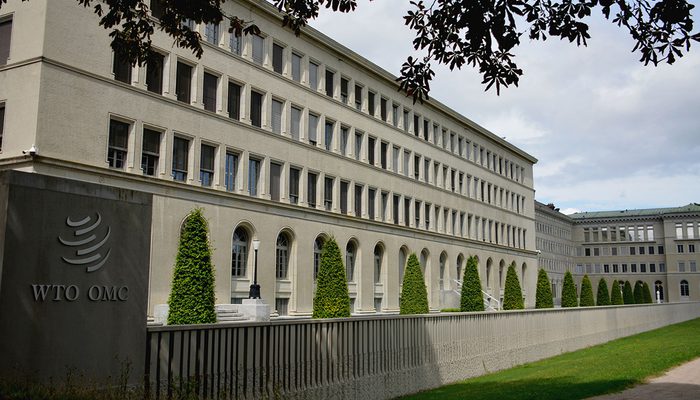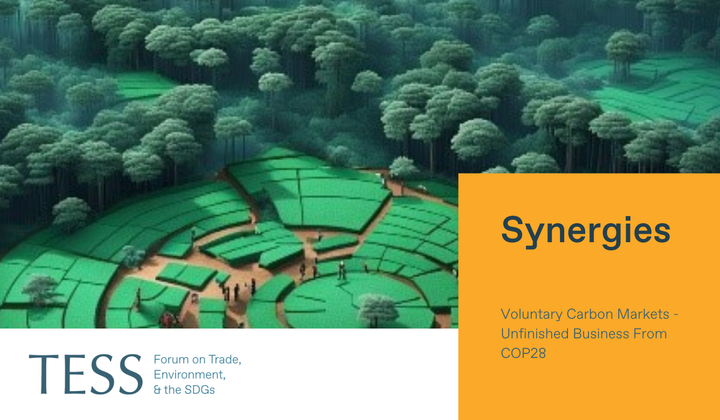TESS was pleased to contribute to the fifth meeting of the WTO Fossil Fuel Subsidy Reform (FFSR) initiative on 28 May 2024. At the meeting, we presented some key findings drawn from our recent policy paper on options for inclusive collective action at the WTO on fossil fuel subsidy reform.
The fifth meeting of the FFSR initiative was the first held since the Thirteenth WTO Ministerial Conference (MC13) in February 2024. At MC13, co-sponsors of the FFSR initiative issued an updated ministerial statement and a set of options to advance reform. The work plan contained in the ministerial statement maps out more in-depth action steps under three key pillars: enhanced transparency, crisis support measures, and addressing the most harmful fossil fuel subsidies.
Areas for follow up include: (i) enhancing transparency by making fuller use of WTO mechanisms, including trade policy reviews; (ii) developing practical guidelines to help ensure that crisis support measures introduced to address the recent global energy crises remain targeted, transparent, and temporary; and (iii) examining current forms of fossil fuel subsidies to identify the characteristics of the most harmful ones to the environment and trade and considering possible pathways to reform them
At the May meeting in Geneva, co-sponsors of the FFSR initiative discussed action steps under each of the three pillars. TESS was invited to contribute and provide inputs on addressing the most harmful subsidies. In our intervention, we presented key findings drawn from our recent policy paper on Fossil Fuel Subsidy Reform: Options for Inclusive Collective Action at the World Trade Organization.
In our presentation, we highlighted that 70% of global fossil fuel subsidies by value are granted to three categories: transport consumers, residential consumers, and producers of oil and gas. Major reduction of fossil fuel subsidies can only be successful if there is reform of these categories.
We underlined that reform of fossil fuel subsidies requires the implementation of alternative support measures and that any remaining subsidies be better targeted. We further noted that developing countries face particular challenges to reform their fossil fuel subsidies. We concluded by putting forward a set of options for collective action at the WTO, which we hope will help the FFSR initiative co-sponsors advance discussions towards reaching concrete outcomes ahead of MC14.
Building on a joint Ministerial Statement on Fossil Fuel Subsidy Reform sponsored by 12 countries in 2017, the FFSR initiative was launched through a ministerial statement in December 2021 by a group of WTO members. As of May 2024, the initiative has 48 WTO members as co-sponsors.
You can access information and news on the FFSR initiative and also download the MC13 Ministerial Statement as well as the current work plan.
We encourage you to download our presentation and read our policy paper.
TESS at the World Trade Organization
This work is part of our initiative supporting inclusive cooperation
on trade, environment, and sustainable development at the WTO.




